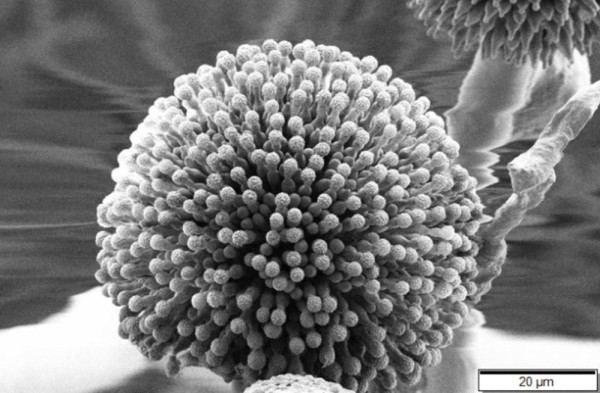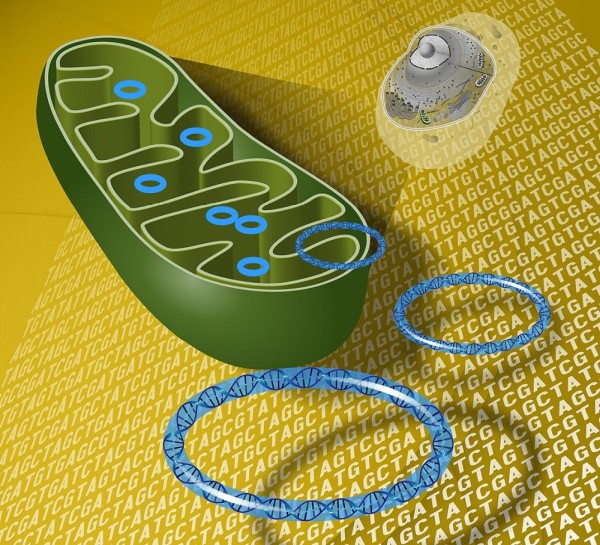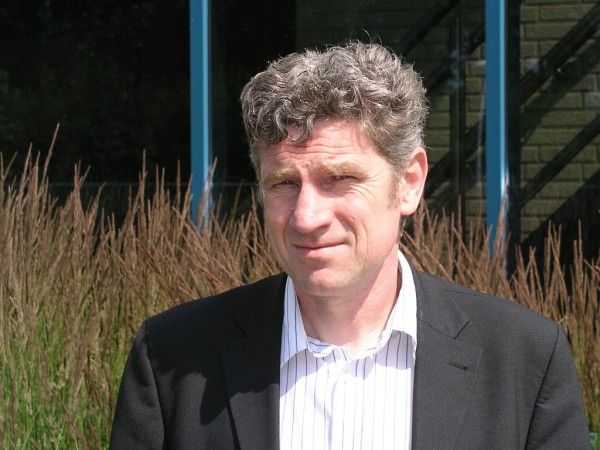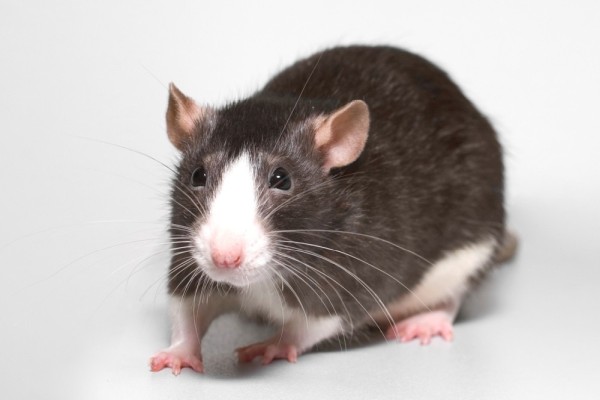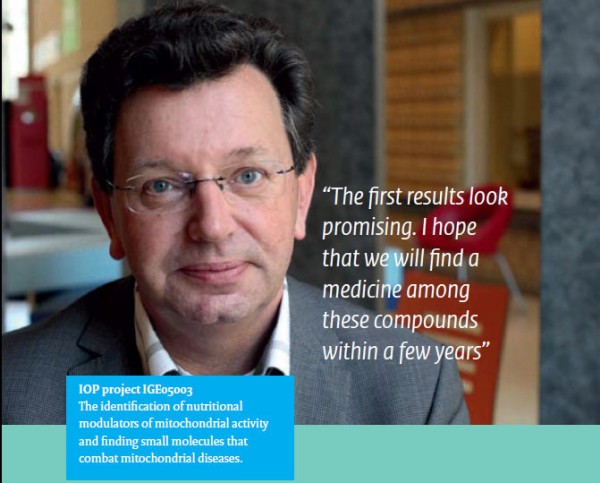
1 april 2011, IOP
The quest for a cure for mitochondrial diseases
Jan Smeitink's purpose in life is finding a cure for mitochondrial diseases. Every year he sees hundreds of children with genetic mitochondrial defects in his clinic. The majority of the kids do not live to be adults. The energy factories of their cells, the mitochondria, fail to produce enough energy for other cellular processes. The result is a plethora of multisystem diseases. The IOP Genomics project has resulted in the development of a high-throughput screening platform for live cells using state-of-the-art imaging techniques. Hundreds of potential drugs for mitochondrial disorders can be tested using this platform. In the near future, this will lead to a cure for some of the mitochondrial diseases.
